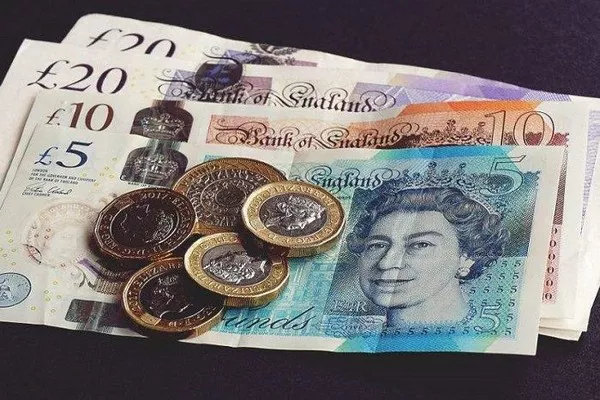The British pound, symbolized as GBP, has experienced periods of weakness against major currencies in recent years. The fluctuating strength of the pound impacts various aspects of the UK economy, including trade, investment, and inflation. In this article, we will examine the underlying factors contributing to the weakness of the pound, exploring economic fundamentals, political developments, and market dynamics.
Economic Fundamentals:
Uncertainty Surrounding Brexit:
The prolonged uncertainty surrounding the United Kingdom’s exit from the European Union, commonly known as Brexit, has had a significant impact on the pound. The negotiation process and subsequent implications created uncertainty for businesses and investors, leading to periods of volatility and pound depreciation.
Weaker Economic Growth:
Economic growth rates can affect a currency’s strength. The pound’s weakness can, in part, be attributed to slower economic growth compared to other countries. Factors such as stagnant productivity, subdued business investment, and political uncertainties have hindered economic expansion and affected market confidence in the pound.
Monetary Policy and Interest Rates:
Lower Interest Rates:
Interest rates play a crucial role in determining the strength of a currency. In response to economic challenges, the Bank of England (BoE) has maintained historically low interest rates, making the pound less attractive to foreign investors seeking higher yields. Lower interest rates reduce the demand for the pound, thus contributing to its weakness.
Quantitative Easing:
The implementation of quantitative easing (QE) by the BoE during periods of economic downturn also impacts the pound’s strength. QE involves the purchase of government bonds and other assets to increase money supply. This can lead to inflationary concerns and a decrease in the pound’s value relative to other currencies.
Political Uncertainties:
Political Developments:
Political uncertainties, both domestically and globally, have a significant impact on currency strength. In addition to Brexit, political events such as general elections and leadership changes can introduce volatility and uncertainty, undermining market confidence in the pound. Investors may adopt a cautious approach, leading to a weaker pound.
Geopolitical Factors:
Geopolitical developments, such as trade disputes, diplomatic tensions, and global economic conditions, can affect the strength of the pound. Uncertainty surrounding international relations and market perceptions of political stability in the UK can influence investor sentiment and result in a weaker pound.
Market Dynamics:
Market Sentiment and Investor Flows:
Currency markets are driven by market sentiment and investor flows. Factors such as risk appetite, economic indicators, and investor perceptions influence currency movements. Negative sentiment towards the UK economy, heightened uncertainty, and capital outflows can put downward pressure on the pound’s value.
Currency Speculation:
Currency speculation and trading activities in the foreign exchange market can exacerbate pound weakness. Speculators may take positions based on their expectations of future currency movements, amplifying trends and contributing to short-term volatility.
External Factors:
Global Economic Conditions:
The strength of the pound is influenced by global economic conditions. If the UK’s trading partners experience economic downturns or slower growth, it can have a spillover effect on the UK economy and weaken the pound. Similarly, global market developments, such as changes in commodity prices or shifts in investor sentiment, can impact the pound’s strength.
Relative Strength of Other Currencies:
The value of a currency is also influenced by the relative strength of other major currencies. If other currencies, such as the US dollar or the euro, strengthen in comparison to the pound, it can result in the pound appearing weaker in currency exchange markets.
Conclusion:
The weakness of the British pound can be attributed to a combination of economic fundamentals, political uncertainties, market dynamics, and external factors. The ongoing uncertainties surrounding Brexit, slower economic growth, and lower interest rates have all contributed to pound weakness. Political developments and market sentiment also play a significant role in shaping the pound’s value. As economic and political conditions evolve, it is essential to closely monitor these factors to gain insights into the future direction and potential strength of the pound.


